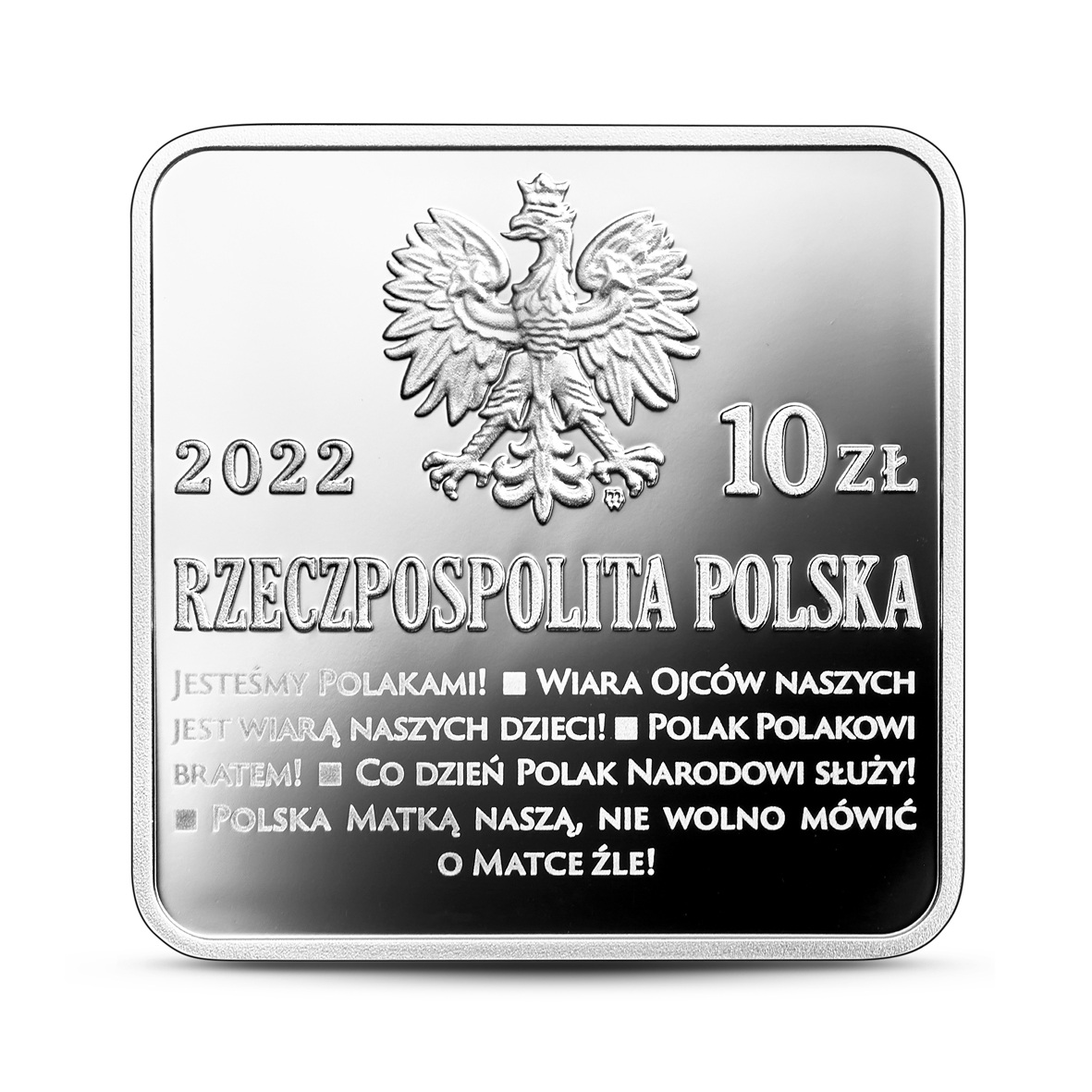"We Are Poles! Union of Poles in Germany" - an open-air exhibition of the Institute of National Remembrance may be seen at plac Solidarności.
The exhibition travels around Poland, celebrating the 100th anniversary of the Union of Poles in Germany throughout the year. The organization carried out cultural, economic and political activities, had its representatives in the Prussian Parliament, as well as in other local government bodies of the Weimar Republic. Its main goals were to protect the rights of the Polish national minority in Germany and to care for the Polish cultural heritage within the borders of Germany. The exhibition presents archival photographs, drawings, maps and texts showing the activities of Poles, their achievements and the most prominent figures from the hundred-year history of the organization.
The exhibition "»We are Poles«. Union of Poles in Germany” was prepared by the Institute of National Remembrance Branch in Gdańsk. The author of the part of the exhibition presented at the vernissage is Paweł Warot, PhD. The coordinators of the exhibition are: Izabela Brzezińska, Krzysztof Drażba and Paweł Warot, PhD. The exhibition presents materials from the resources of: the National Library, the Library of the University of Opole, the North Institute of Wojciech Kętrzyński in Olsztyn, the Silesian Institute, the National Digital Archives, the Silesian Digital Library and the public domain.
The Union of Poles in Germany was divided into districts which covered territories inhabited by large numbers of Poles. Initially, there were four of them:
I - Opole – Śląsk Opolski
II - Berlin – Brandenburg with Berlin, Saxony, Hamburg, Lower Silesia, Pomerania and Frontier March
III - Bochum – Westphalia, Rhineland, Baden and Palatinate (the largest district, nearly half of the Union members)
IV - Olsztyn – East Prussia
In OCtober 1923 Dictrict V was separated for Złotów borderland.
Accxording to archive resources, in 1924 the Union had ca. 32,000 members.
On March 6th 1938, due to hostility towards Poles living in Germany, the First Congress of Union of Poles in Germany was called, participated by about 5,000 delegates. It was held in Theater des Volkesin Berlin. Five Truths of a Pole were established:
1. We are Poles
2. The faith of our Fathers is the faith of our children
3. A Pole is a brother to a Pole
4. A Pole serves their nation daily
5. Poland is our Mother, you can never say bad things about your Mother
They were spiritual basis for the Union actions.
After Hitler came to power, all members of the Union of Poles in Germany were entered on a special list of "enemies of the Reich" prepared by the SD. It was on its basis that, just before the outbreak of war, on August 25th, mass arrests of the Polish intelligentsia began and ethnic cleansing was carried out. The union was banned on February 27th 1940, and its assets were embezzled.
Many of its members were shot and about 1,200 were imprisoned in concentration camps.
In the area covered by the Szczecin Branch of the Institute of National Remembrance, there were two districts: II and V. In the vicinity of Pszczew, Szarcz, Stołuń and Zielomyśl, long-term germanization did not bring any effect, therefore the memory of belonging to the First Polish Republic was vivid among the inhabitants. In result, already in 1923, the Poles of these lands organized themselves in District V of the Union of Poles in Germany. In Szczecin and its vicinity, the situation was completely different. Here, the Polish community consisted mainly of economic migrants.
Commemorative coin
The National Bank of Poland joined the commemoration of the anniversary of the founding of the Union of Poles in Germany and of creating its symbol - "Rodło". On November 8th 2022, NBP introduces a silver coin with a face value of PLN 10 On the reverse of the coin there is Rodło - a sign showing the course of the Vistula River with Kraków marked. The obverse shows the "5 Truths of Poles" announced in March 1938 at the Congress of Poles in Germany organized by the Union in Berlin, constituting the ideological basis for its activities.


